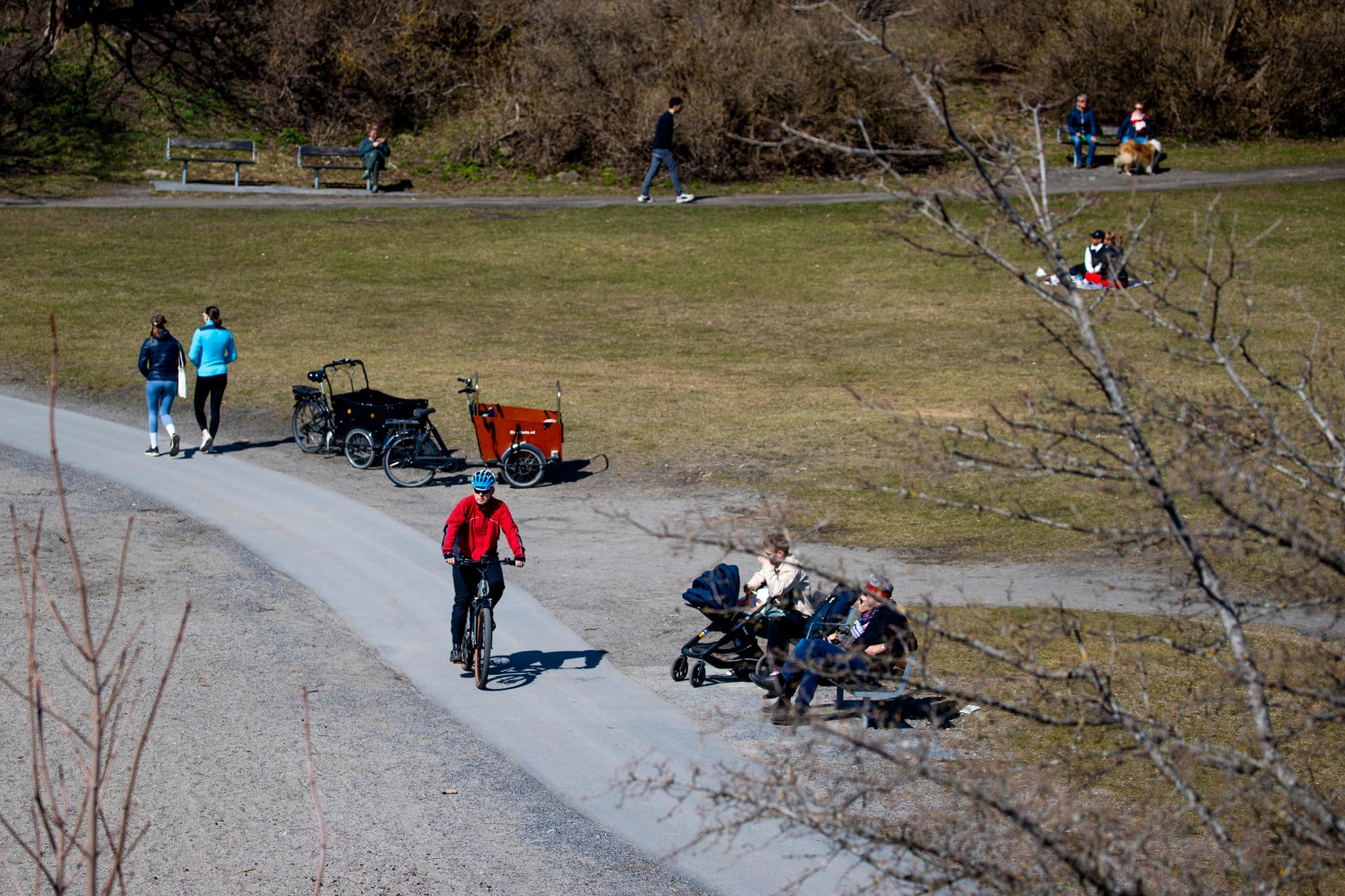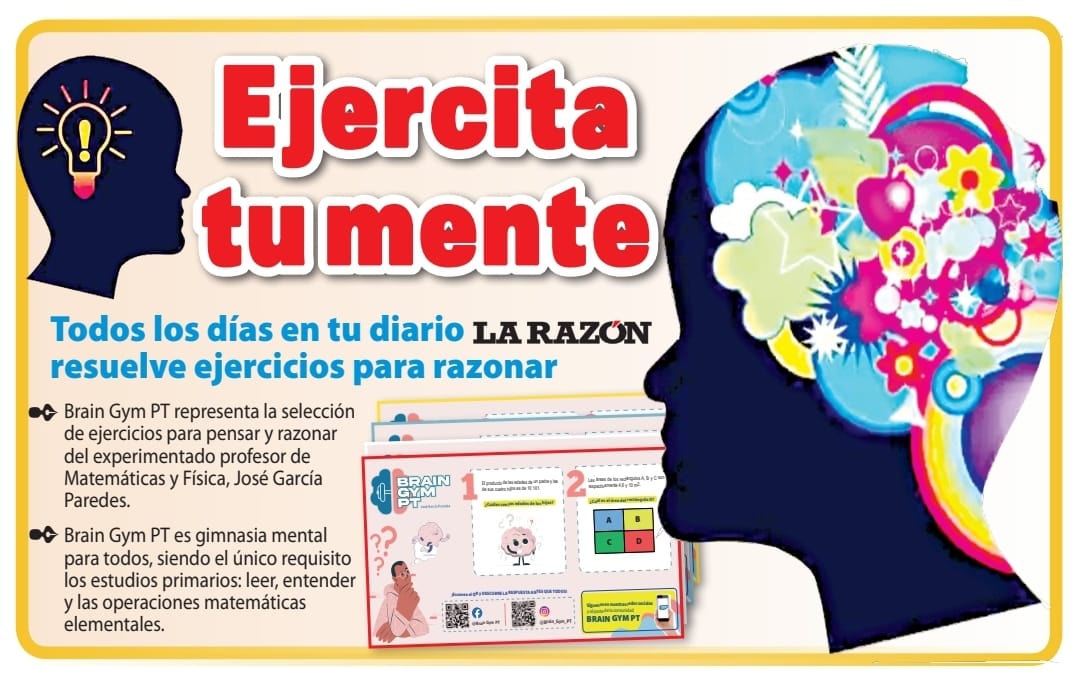– It is important to medicate correctly, says Anna Bistrup, senior advisor at the Norwegian Asthma and Allergy Association.
Winter has really let go. But for some, it may evoke mixed feelings.
– It is like that what is good weather for allergy sufferers is bad weather for others. And the opposite, says Hallvard Ramfjord, senior researcher at the Norwegian Asthma and Allergy Association (NAAF) to Aftenposten.
He says that the severe weather can also give a jump-start to birch pollen season.
– It is he who is the major antagonist, i.e. the major problem for allergy sufferers in Norway. Because there is so much of it. And it is a very potent allergy, he says.
He warns that the year could be a challenge for those who react. There are more reasons than just the spring temperatures.
1. What will the pollen year be like?
Actually, the pollen season in the lowlands of southern Norway had already started in February. And now it goes blow by blow until the end of the summer.
Naafs pollen calendar gives the following overview:
- February to April: alder and hazel
- April to June: salix (willow and willow)
- April to June: Birch
- June to August: gress
- Mid-July to August: office rot
More accurately shows the pollen forecast for Eastern Norway with Oslo a modest spread of salix. But already this weekend, birch pollen has been reported in areas close to the coast.
Rain showers at the weekend may help a bit. But that will not be enough to stop the spread. This year’s season can be “dramatic for Norwegian allergy sufferers”, says Hallvard Ramfjord:
– The quantities can be very high in places, says the senior researcher.

The reason has to do with how the birch trees grow and reproduce. Both growth and pollen production require energy. The trees switch between what they prioritize. And last year there was growth.
– There wasn’t much pollen in the air then. But it is often the case that we never have two years like that in a row. Then there is a good chance that there will at least be an average, or perhaps above average, amount of birch pollen this year, says Ramfjord.
However, this only applies to the birch, not to grass and burdock root. How the season will be for these, it is still too early to say anything about. It depends on how hot and dry it will be this summer, and how much it blows.
2. How do you know if you have a pollen allergy?
Typical allergy symptoms are sneezing, itchy eyes and throat, runny nose, tiredness and reduced ability to concentrate. The symptoms may look a bit like a cold – or corona.
But there are several things you can do yourself to find out if you have symptoms of illness or allergies:
– A cold should go away after a couple of days. Nor is it something you get at a fixed time, year after year, says Anna Bistrup to Aftenposten. She is a senior adviser for health and public relations at NAAF.
– In addition, allergy tablets do not work on colds. Only on allergies, she adds.
3. Have more people got pollen allergies?
Around one in five are allergic to pollen, according to NAAF. That corresponds to around one million Norwegians. The proportion is increasing.
– We have seen an increase in the development of allergies in the last 30-40 years, says Bistrup.
– It is most common to develop a pollen allergy in late primary school and in young adulthood. But you also see that wax develops allergies, she adds.
Figures from the Prescription Register show that more and more people are using prescription allergy medicine. In addition, many people use allergy medicine that can be bought without a prescription. Those figures are not included in the graph:
Why more people develop allergies is not known for sure. But one hypothesis is that cleanliness means that you are exposed to fewer bacteria, which affects the immune system.
If you have siblings or parents with allergies, you also have a greater risk of developing it yourself. It is too early to say whether the corona measures may have had consequences for the development of allergies in society.
– In ten years you can get the answer to that question, says Bistrup.
4. How do you treat pollen allergy?
It is important to take allergies to pollen seriously. There is a tendency for it to be downplayed, Bistrup believes.
– This is something that bothers over a million Norwegians. It affects both performance at school and work. So being well and properly treated is actually very important, she says.
So what should you do?
– The most important thing is to medicate correctly, says Bostrup.
She has two clear pieces of advice:
- Start with tablets some time before the pollen season starts.
- Take the tablets every day.
The medicines work preventively.
– And when you are regularly medicated, you reduce the reactions to a greater extent, she says.
In addition, there are several medications to choose from. It might be worth trying a few different types. If that doesn’t help, you can go to the doctor, or start allergy vaccination. However, it is a long-term treatment that lasts over three years.
– In addition, we know that many people who have allergic reactions in the nose should get a prescription for a nasal spray containing cortisone steroids, emphasizes Bistrup.
2023-04-20 21:34:41
1682034038
#pollen #season #dramatic #reason


